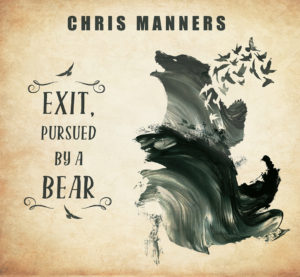It might be urban myth, or it might be a genuine quote from Paderewski the pianist. He claimed,
‘If I miss one day of practice, I notice it. If I miss two days, the critics notice it. If I miss three days, the audience notices it.’
I’m no Paderewski; I’ll never be a world-famous concert pianist, and he ended up as Prime Minister of Poland, which ain’t a likely next job for me either. But last autumn, when folk club and other live music venues were re-opening, the time came to get back into practice. To regain match fitness. To recover performance condition, after a year and a half wasted on noodling in the spare room, punctuated by the occasional Zoom contribution.
It was hair-raising, and disheartening. The long lay-off had done its damage. Three problems crept in during lockdown and other Covid precautions, and needed sorting out.
First, concentration. The habit of paying attention to the song. My mind kept wandering: had I sung verse three already? What was verse three in any case? Who am I and where do I come from? Whole lines would drop out and send me scurrying back to the songbook to refresh my memory. Since I wrote the thing in the first place, that’s alarming — nobody else will prompt me if it happens on stage. (And lyrics tend to morph as the new song moulds itself to fit, so the words on the page aren’t always the ones I end up singing. Which means the notebook’s not always helpful.)
Second, accuracy. My fingertips were still hard enough — I’d never stopped playing guitar during the lay-off — but I kept missing fingerings, especially on riffs and licks. Had to dig out my old Associated Board book and relearn the scales and arpeggios and other technical exercises to sort that one out. Slogging through scales doesn’t feel cool — can’t imagine Tom Waits practising his F# melodic minor in the dressing room — but it’s definitely a help.
Third, the voice. That’s where the lay-off showed itself most acutely. The vocal muscles were weak, uncertain, and needed coaxing back to life and strength. It had to be done slowly, too; trying too soon to sing with full voice led to tightening up and strangling. Somewhere in the back of the same cupboard as the scales book there’s one with vocal warm-ups but, as I recall, they involve going Moo-moo-mah-mah for ten minutes at a time, so we’ll give that a miss in favour of simply going gently and singing quietly for the first half hour or so.
I’m no Paderewski. My songs and accompaniments aren’t as technically demanding as The Hammerklavier Sonata, and perhaps my listeners are a little more forgiving. I sally forth with guitar again, shiny as a new coat of Hammerite, hoping that I’m back up to scratch and the effects of eighteen months without live performance are firmly behind me — or that, if I still fall a little short and my audience should notice, they’ll understand.

